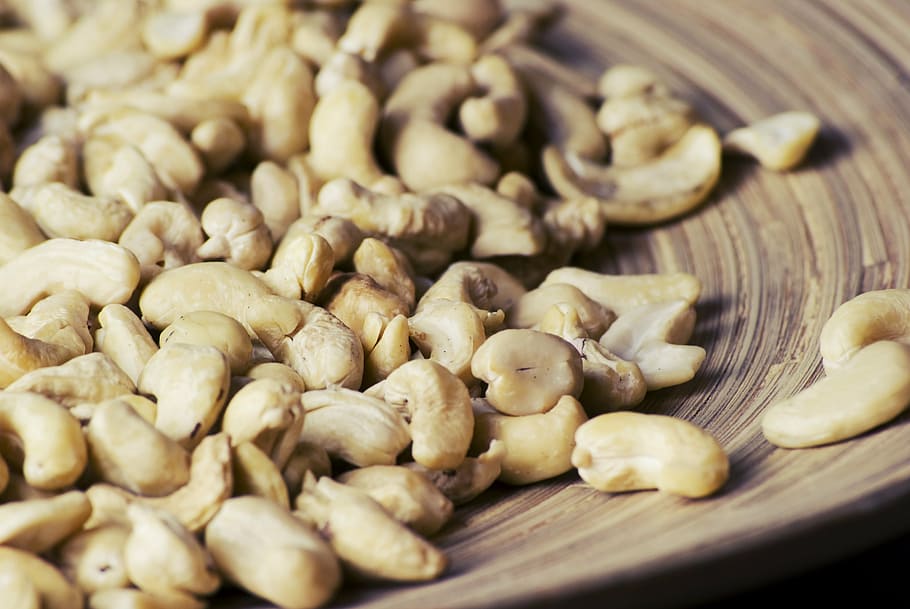The Expensive Cashew Market and Worker Exploitation

Cashews are a very popular nut, used in various recipes and as a snack. The market for cashew costs varies according to the country of origin, quality and form of sale.
Prices in Italy
According to the latest updates (July 2024), retail prices for cashews in Italy range from €5.87 to €7.23 per kilogram (kg) or from €2.66 to €3.28 per pound (lb), in storage markets such as the cities of Rome and Milan.
Global prices
Globally, the cashew market is continuously growing. The global market for this nut is estimated to reach $13.48 billion by 2024, with a compound annual growth rate of 5.2%.
Situation of producing countries
West Africa is now a major producer of raw cashews, with Ivory Coast in the lead.
In 2016, the African country surpassed India as the world’s largest cashew producer.
Vietnam has successfully fought for a substantial market share in cashew processing over the past two decades.
Exploitation and social problems
However, the cashew sector is also plagued by social and exploitation problems.
Cashew processing is difficult and dangerous, and many women in India and other parts of the world are exploited to produce this nut.
Only 3% of cashews sold on the world market are fair trade, meaning that the people who process this nut are often not adequately protected in terms of dignity and safety, and fair pay.
Cashew (Anacardium Occidentale) fruit extraction is considered dangerous due to two main risks: allergic and chemical.
Allergic risk: Cashew nuts contain an allergenic phenolic resin, anacardic acid, which can cause severe allergic reactions, including life-threatening anaphylaxis, in some people. Approximately 6% of children and 3% of adults are allergic to cashews.
Chemical risk: Cashew shells contain oily compounds that can cause contact dermatitis, mainly from phenolic lipids, anacardic acid and cardanol.
Additionally, food processing, handling or manufacturing can introduce traces of other nuts, increasing the risk of allergic reactions.
Cashews marketed in Europe are subject to several factors that can impact their price.
Here are the main ones:
Origin and certification: Fairtrade certified cashews, such as those from the Chico Mendes Modena cooperative, may have a higher price due to better working and production conditions, as well as fairer remuneration for producers.
Quality and processing: The quality of the seeds, roasting and packaging can affect the final price. Roasted and more rigorously processed cashews may be more expensive.
The availability of cashews can vary depending on the seasons and crops. The price may increase during peak demand periods or in case of shortages of supplies.
Transportation and logistics costs from production plants in Brazil or other producing countries to European markets can affect the final price.
Taxes and duties: Taxes and duties applied by European customs authorities can increase the cost of cashews.
Competition and market: Competition between European producers and distributors can affect the final price of cashews.
Note: The final price composition of cashews marketed in Europe may vary based on specific market conditions and supply chains.

















